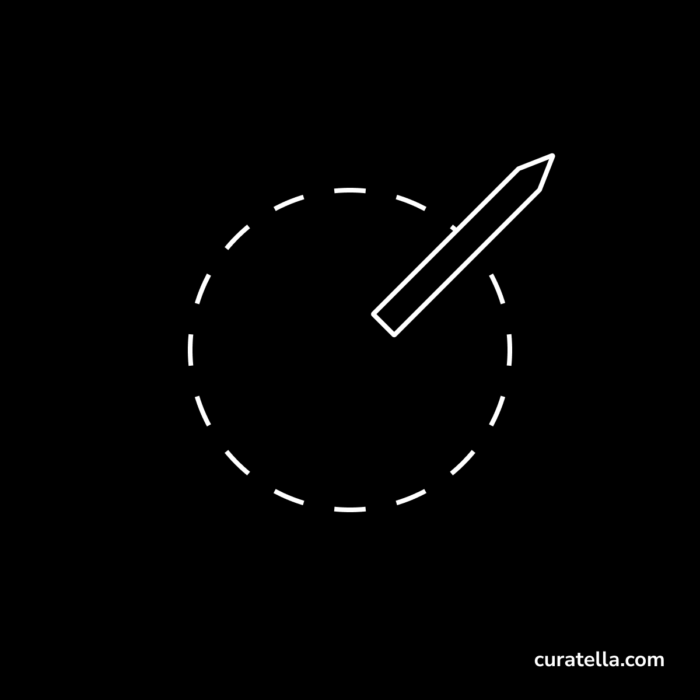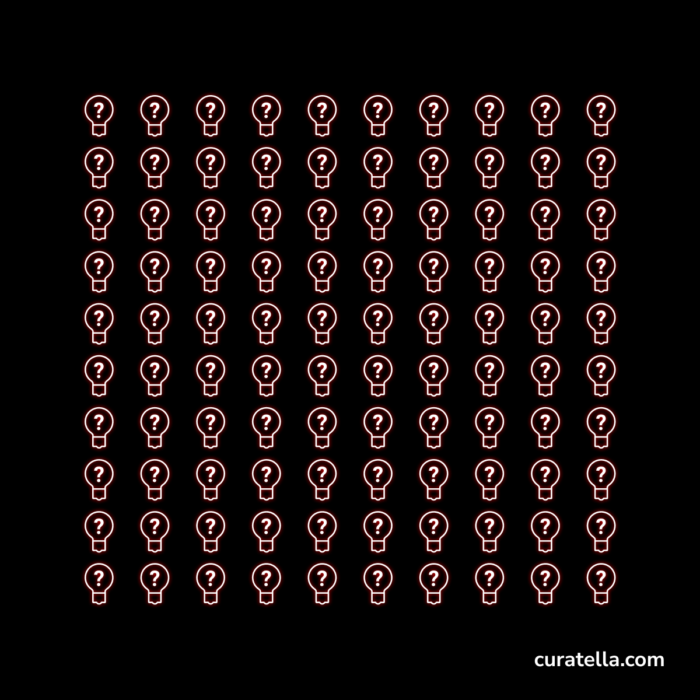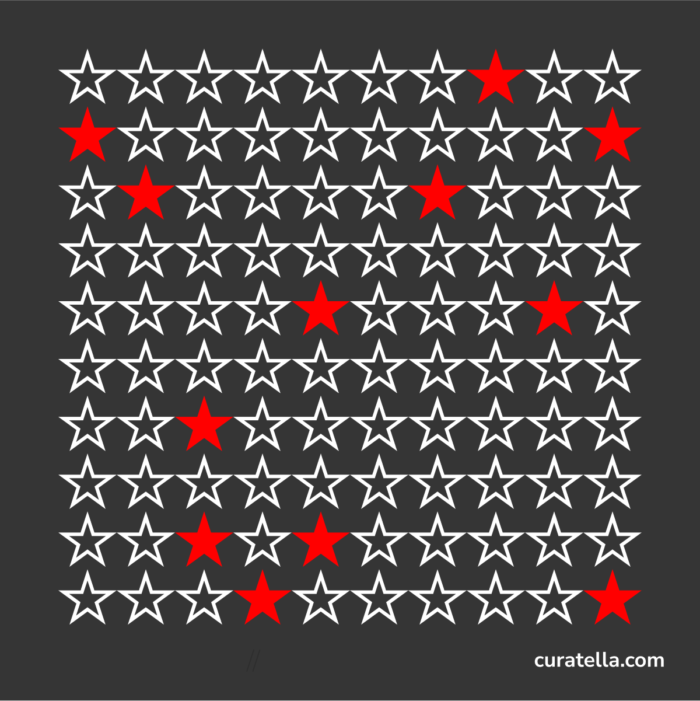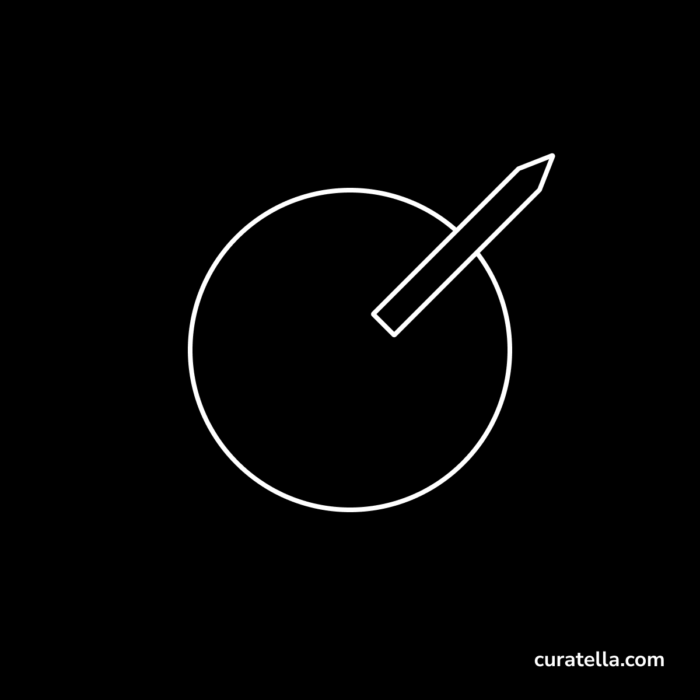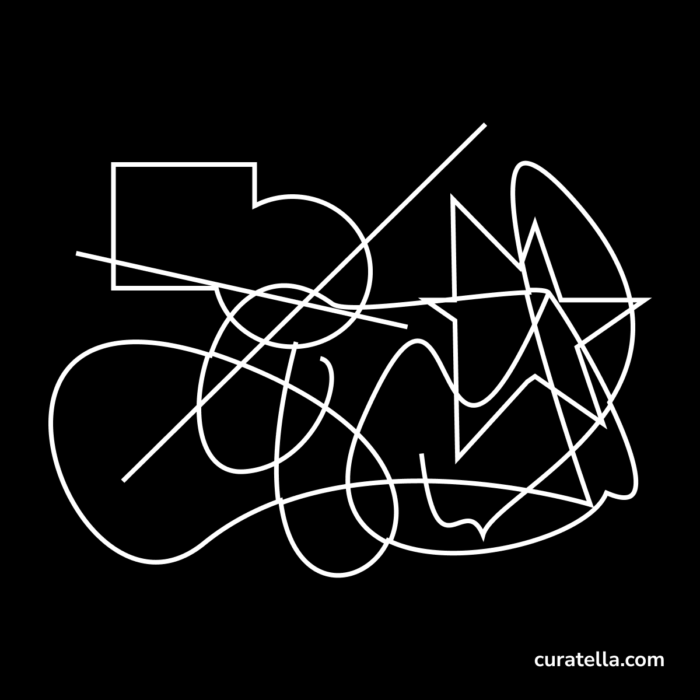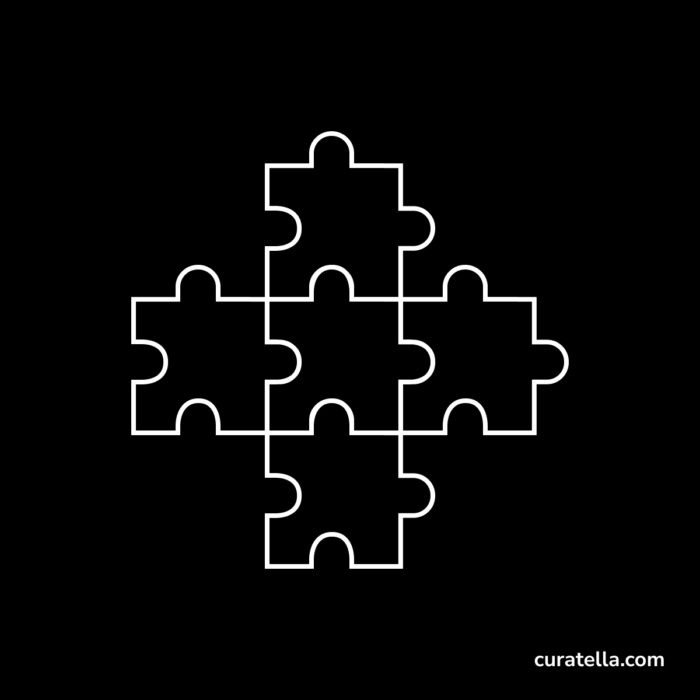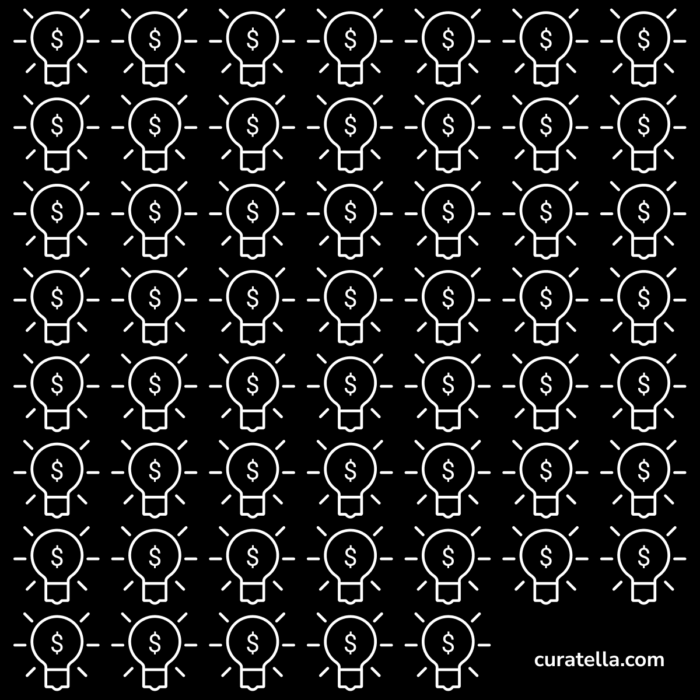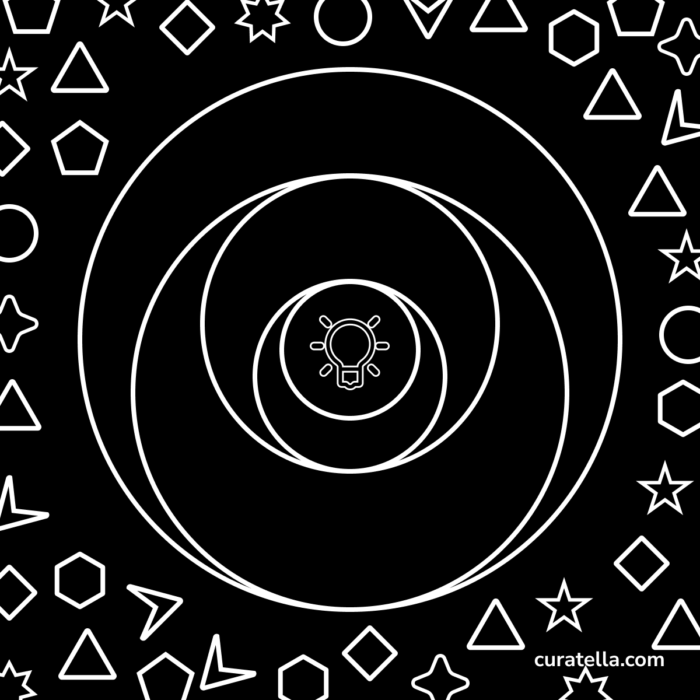Dear Future Me, Prepare to Be CREAZEE, Again
My 100 Ideas to Write About
My 12 Favorite Problems
Write 100 Ideas, Now
Start to create, now
Storytelling by abstraction
Instructions for living a creative life
Writing is combining
Is your idea new?
Reflecting on my current Personal Knowledge Management Workflow

